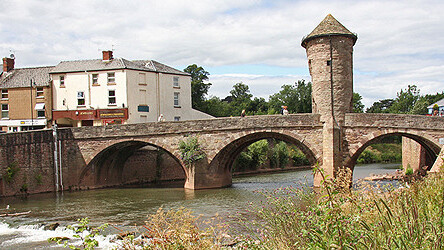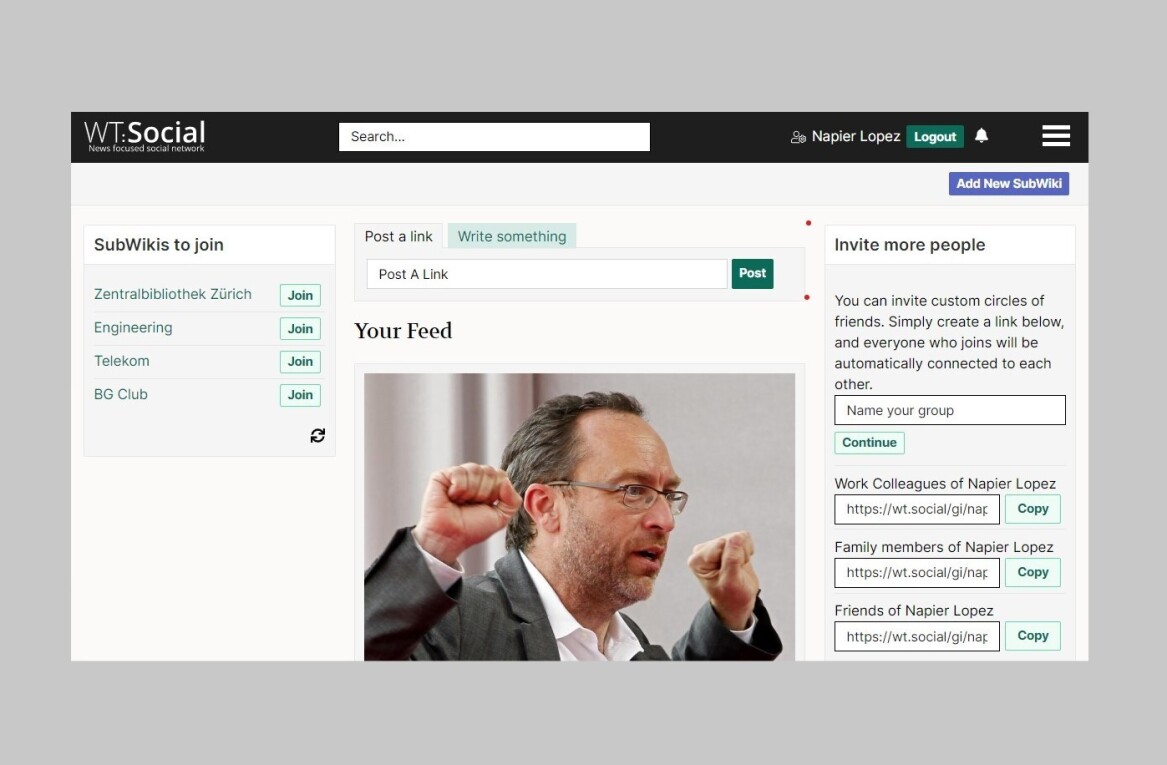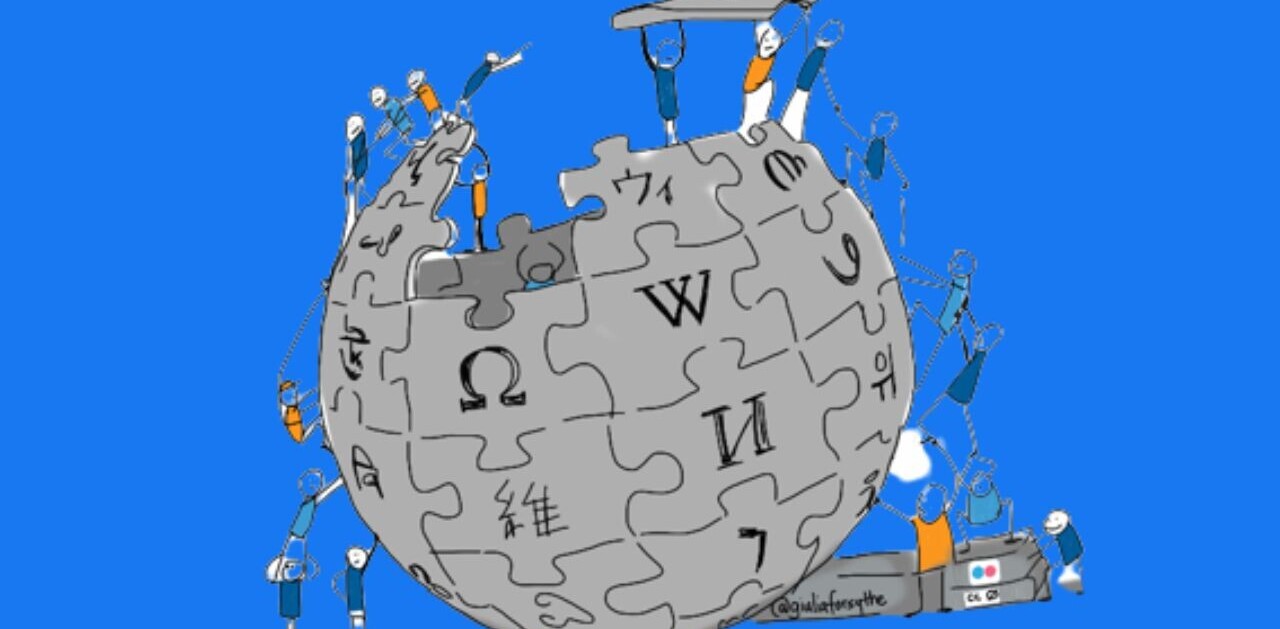
The Internet of things is becoming easier to grasp as household appliances, pot plants and other objects are connected to the Internet to let us know more about them or update on environmental changes. Though the appearance of the Internet of things is still a bit patchy, it just took a giant leap with the first Wikipedia town going live on May 19th.
We looked at Wikipedia’s first entirely wired town of Monmouth (Trefynwy) in Wales when the idea was first mooted. It seemed to be an interesting and ambitious project but as that idea comes to life it gets more and more impressive.
The process of making Monmouthpedia has taken six months of work. The Monmouth had to commit to town-wide free WiFi, the first of its kind in Wales so that visitors and citizens could access the Internet naturally.

The process of making the town into an Internet place required the adoption of QRpedia technology and a lot of plaques, stickers and signs to help people work out how to use them.
QR codes are stuck on buildings and landmarks and as users read those codes with a phone or mobile device they are linked to Wikipedia pages in their own language. To support the QR codes, Wikipedia volunteers wrote around 500 articles in 25 languages, which makes the project very welcoming to people from all over the world who wish to visit the town and explore.
According to the Wikipedia blog, there’s now over 1,000 QR codes on schools, important buildings and shops all over the town. To integrate the project further in the community, there is a celebration to mark the launch of the town’s Internet attachment where people can learn how to edit Wikipedia and add relevant details of their own at drop in centres at the library and Monmouth Museum.
No doubt tour guides will be nervous as this method of presenting information could mean that visitors can do as they please and still benefit from the local knowledge and historical details about any location in future.
In the UK there are already Blue Plaques that mark the past homes of historical figures. How long will be be until any town, anywhere in the world is connected to the web and providing the freedom for citizens to explore in any manner they choose?
Get the TNW newsletter
Get the most important tech news in your inbox each week.




